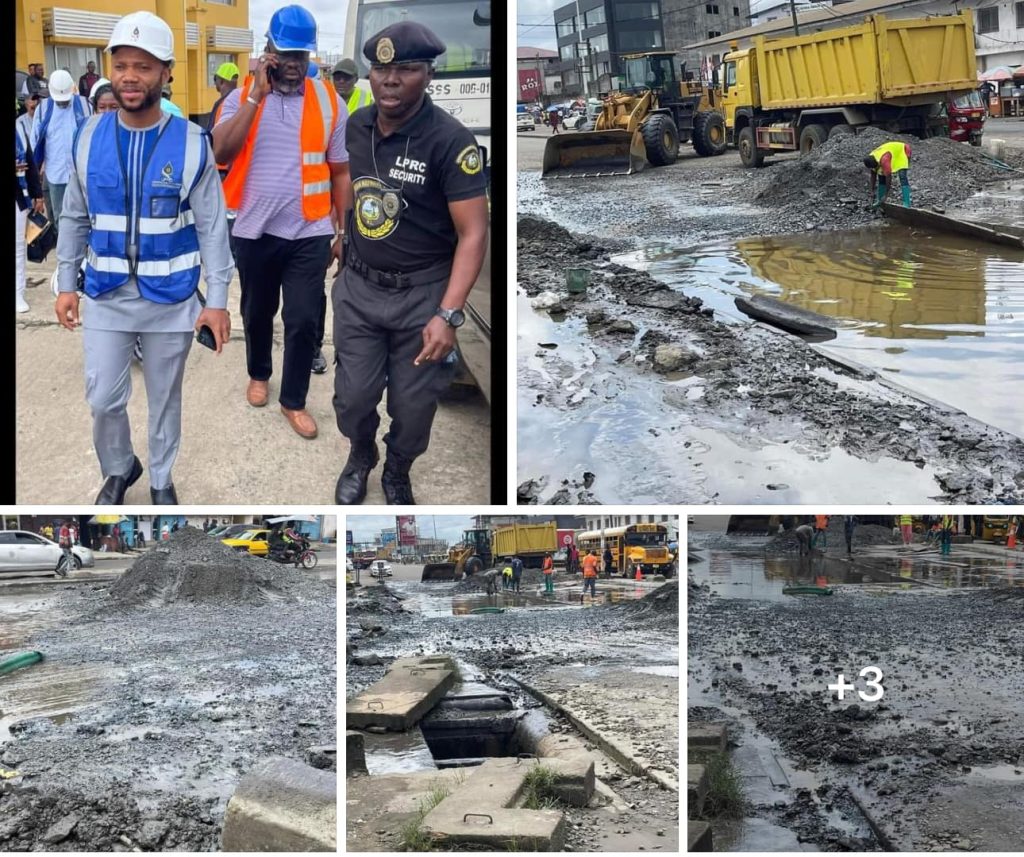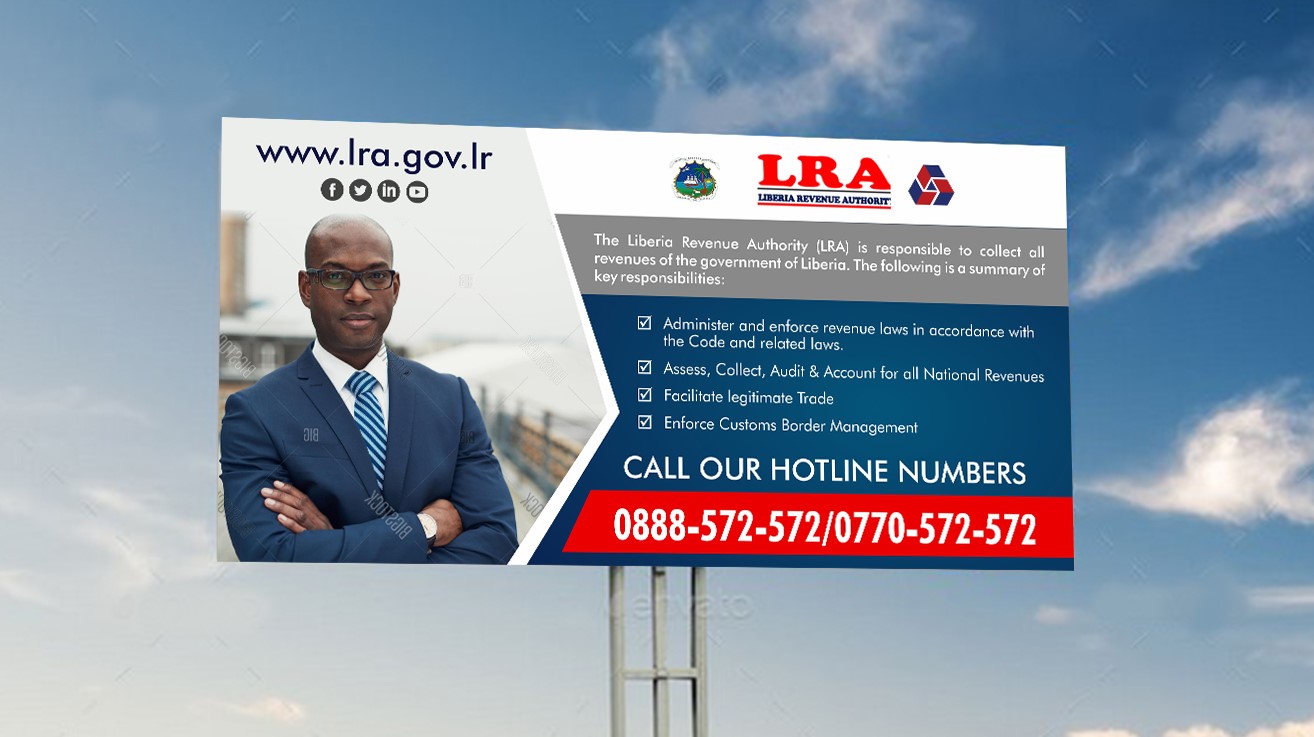Monrovia, Liberia – As President Joseph N. Boakai’s administration seeks to consolidate Liberia’s economic growth and stability, there is an increasing call for centralizing the revenue collection from autonomous state institutions like the Liberia Petroleum Refinery Company (LPRC), Liberia Maritime Authority (LMA), National Port Authority (NPA), Roberts International Airport (RIA), and Liberia Fisheries Authority (LFA) under the Liberia Revenue Authority (LRA). These are just a few of the many economic leakages cited. This critical reform should aim to ensure that public finance is not left to the discretion of these entities but is governed by a centralized, transparent, and accountable system under the national budget.
The recent corporate social responsibility (CSR) initiative by the LPRC, which included a donation of 1500 bags of cement, US$1000 worth of personal protective equipment (PPE), and 40 loads of crushed rocks to the Ministry of Public Works, underscores the importance of state institutions contributing to national development. However, this laudable gesture also highlights the need for a more structured oversight mechanism to prevent the misuse of public funds and ensure that all revenues collected contribute to the national budget and development priorities.

Centralizing revenue collection with the LRA will provide a robust framework to track all public funds. This measure will significantly reduce the risk of corruption, which has historically plagued Liberia’s public institutions. By streamlining revenue into a single, accountable body, the government can better monitor the flow of funds, ensuring they are used for their intended purposes, such as infrastructure development, healthcare, and education, rather than being siphoned off through corrupt practices.
Moreover, the reform will enhance transparency in public financial management. With a centralized system, all transactions and financial activities of state institutions will be subject to public scrutiny. This transparency is essential for fostering trust between the government and the people, particularly in a country where public confidence in state institutions has often been undermined by corruption scandals and mismanagement.
For the impoverished Liberians, many of whom struggle with inadequate access to basic services, these reforms could be transformative. Centralizing revenues ensures that more funds are available for critical public services, potentially improving living conditions and providing a fairer distribution of the country’s wealth. It also creates a more equitable system where all state institutions contribute to the national budget, rather than operating independently with little oversight.
The LPRC’s recent CSR initiative, while commendable, also raises questions about the proper use of public revenues. While CSR activities are beneficial, they should not overshadow the primary responsibility of state institutions to contribute to the national budget. By centralizing revenue collection, the government can ensure that CSR projects align with national priorities and do not divert funds from essential services.
Furthermore, this reform will promote accountability among state institutions. By subjecting their financial operations to the LRA’s oversight, institutions will be required to justify their expenditures and demonstrate that they are in line with national interests. This accountability is crucial for ensuring that public funds are used efficiently and effectively, rather than being spent at the discretion of individual agencies.
The benefits of centralizing revenue collection extend beyond financial oversight. It will also streamline the budgeting process, making it easier for the government to plan and allocate resources according to the country’s development needs. This comprehensive approach will facilitate better coordination among state institutions, reducing redundancies and ensuring a more strategic use of public funds.
It cannot be overstated, as Liberia moves towards a more accountable and transparent governance framework under President Boakai’s leadership, the centralization of revenue collection by the LRA is a critical step. It will not only curb corruption and promote transparency but also ensure that the country’s wealth is managed equitably and efficiently, benefiting all Liberians. For a nation striving to rebuild and develop, such reforms are not just desirable but essential for sustainable growth and prosperity.

Dr. Clarence R. Pearson, Sr. is a Liberian clergy and social scientist with strong interest in advancing global peace, human rights, a safe planet, and social equity. He holds a BA in Theology, and MA with distinction from the Kofi Annan Institute for Conflict Transformation, University of Liberia. He also graduated with honor from the Louisiana Baptist University and Seminary, Shreveport, Louisiana, USA with A PhD in Psychology and Counseling. Dr. Pearson is a social researcher, an educator, and an author. He has over 29 years of practical professional experience in post-conflict peace-building, recovery, and development with emphasis in both the public and private sector.

